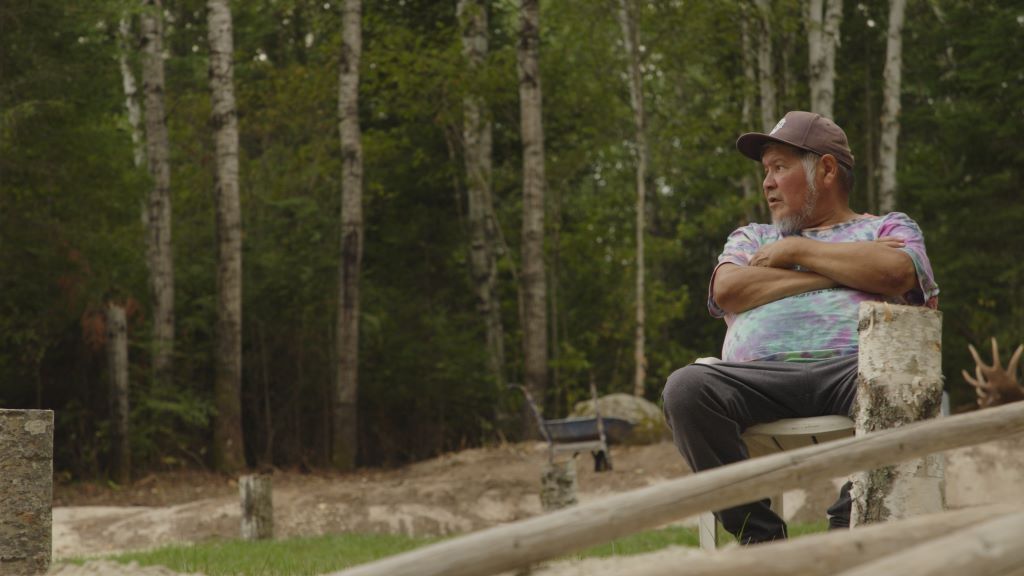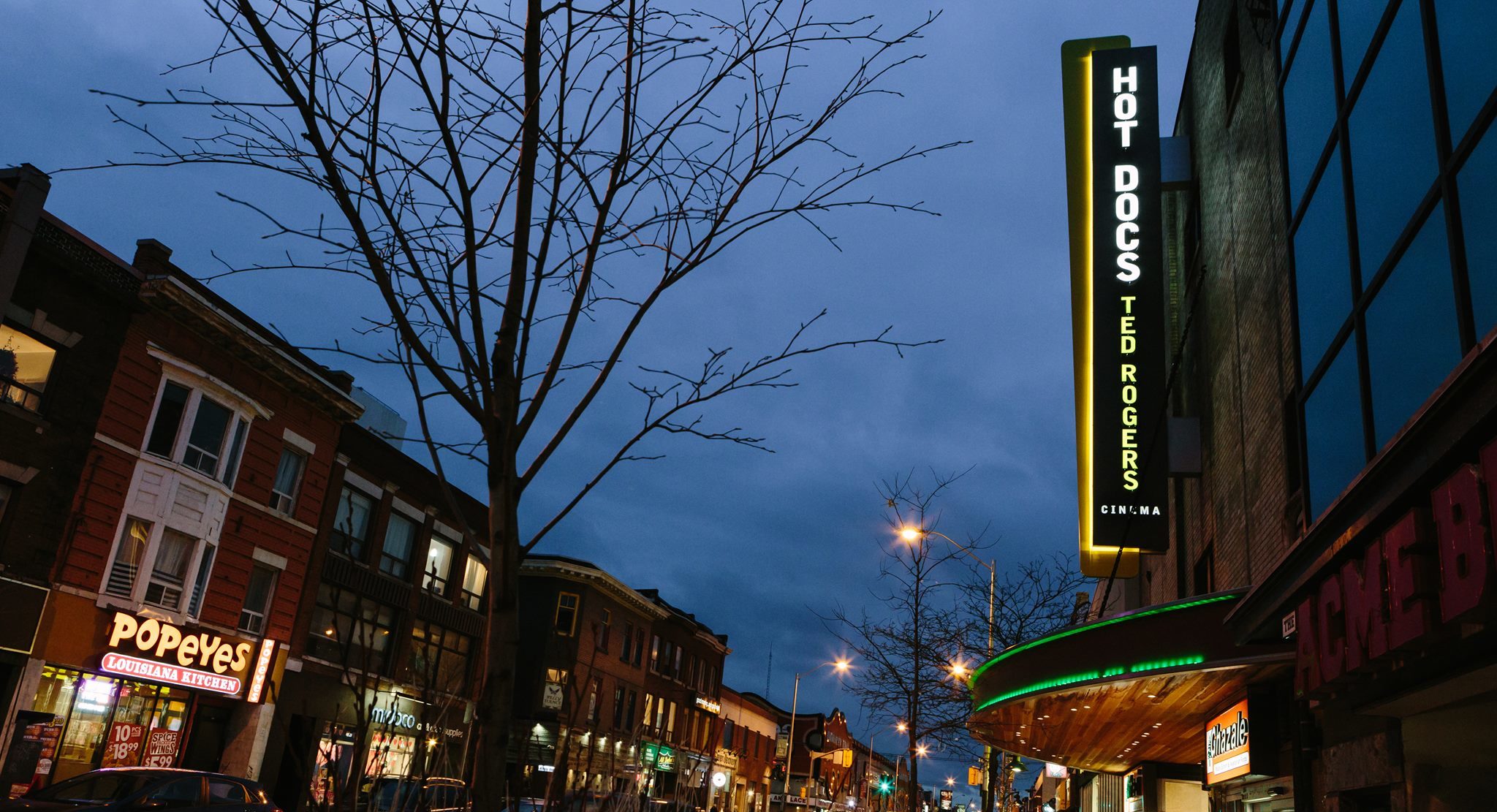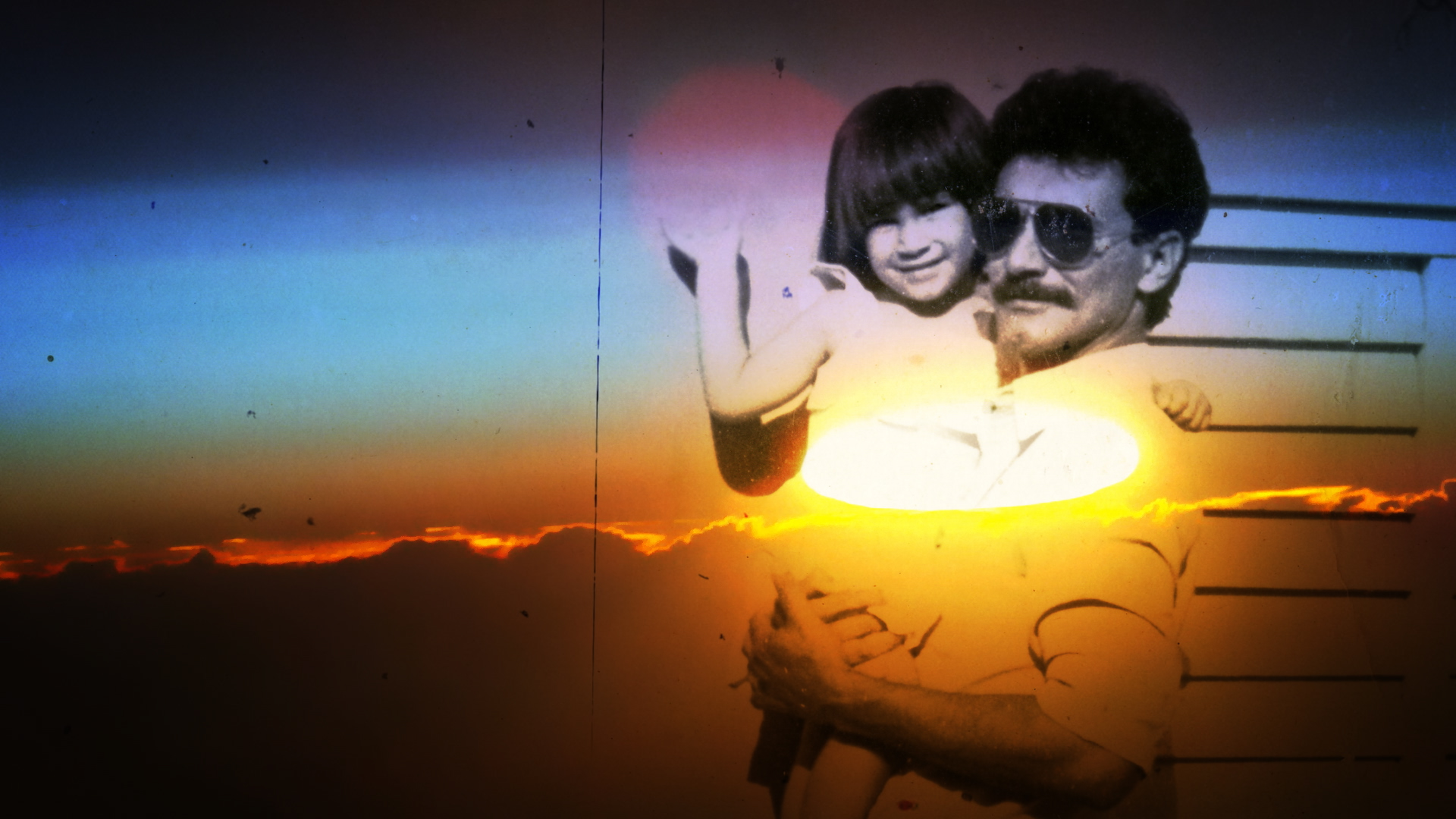Correct me if I’m wrong, but aren’t festivals supposed to be about films not finances? No one has told the board and management at Hot Docs, which seems to be spending more time issuing controversial statements, firing senior staff members, and accepting resignations from programmers and jurors than focusing on the films that Toronto audiences should be seeing over the next week and a half. Before getting into the films—and, believe me, I will—let’s briefly recount what’s been happening at North America’s largest documentary festival.
Over the winter, rumours were flying in Toronto’s cultural sector that things were amiss at Hot Docs. They were ferociously confirmed when the festival’s new American president Marie Nelson announced in March that this year’s Hot Docs might be its last due to overwhelming financial woes caused by COVID and the cancellation of public participation at festivals while the pandemic was holding the city in its thrall. Despite receiving funding from councils from all levels of government and raising private funds, Hot Docs found itself millions of dollars in debt, according to Nelson. She asked for—indeed, practically insisted—on more federal funds to keep the festival going.
That was the first bombshell. Soon after, ten of the festival’s programmers, including some who had been at the organization for decades, resigned en masse over alleged interference and bullying by Hot Docs’ s recently appointed artistic director Hussain Currimbhoy. Hot Docs accepted their resignations and negotiated non-disclosure agreements with them—and then parted ways with Currimbhoy too. This set of decisions means that questions will arise about the integrity of this year’s programming, particularly when those involved won’t be there to introduce and represent the films at the festival.
It also led to questions about the appointments of Nelson and Currimbhoy, the former of which commutes from Washington and the latter arrived from Sweden only weeks before he left the festival. One wonders how much either was invested in an organization, especially one with unexpected financial woes. More problems were raised by activist members of the Toronto community, who wanted to know why the festival was working with Scotiabank, which partially funds the pro-Israeli arms firm Elbit Systems, and hadn’t programmed films on Palestine, this year’s hot topic. Hot Docs responded with a vague statement in favour of peace in the Middle East, which failed to address the human rights issues in Gaza from either the Palestinian or Israeli perspective. In response, a festival juror, Inney Prakash, resigned, while carefully acknowledging that an institution struggling for financial maintenance was hardly in a position to refuse funds from even a problematic organization.
Then, the federal budget was announced, which offered financial relief in the millions for such organizations as TIFF, the Shaw Theatre Festival and even the Vancouver Fringe Festival. But Hot Docs received nothing—and it responded with an angry statement denouncing the government for its decision. The organization has followed with a fundraising campaign keyed to desperation and volatile tactics. Essentially, Hot Docs has gone to its core supporters and asked for more money—or else.
As a Canadian and long-time member of our cultural community, I must say that Hot Docs has been playing their strategy all wrong. In Canada, we move slowly—by increments. You have to win the confidence of funders over time. And you should never plead poverty or demand help. That’s not how we behave. The powers-that-be at Hot Docs ought to know that but apparently, they don’t. I can only wish them luck.
***

Despite the drama, Hot Docs 2024 is upon us—and, while we can all relish the sound and fury, it looks like a very good one. Well over a hundred films are being screened in downtown Toronto cinemas over ten days and many are terrific. They’re divided into sections, ranging from a survey of Spanish films, the annual Canadian Spectrum, a popular focus on European docs, a rather arbitrary division between International and World films as well as the more politically oriented Persister series. Special guests include Martin Scorsese’s legendary film editor Thelma Schoonmaker, iconic French actor Emmanuelle Beart, and the amazing Canadian performance artist Peaches. Spain, Italy, and Chile are sending delegations to the festival with expectations that they will make deals on future films besides promoting their current docs at industry events. And Hot Docs’s famous pitch session, the Forum, will take place—although away from the public’s eyes.
This is a fine year for Canadian documentaries with Hot Docs premiering a number of notable films. Canada has become recognized for its encouragement of Indigenous work, so it’s no surprise that two rising female filmmakers—Lisa Jackson and Tasha Hubbard—have made arresting features. Jackson’s profile of star gazer and brilliant speaker Wilfred Buck is an engaging, startling piece and it beautifully accompanies Hubbard’s optimistic tale of the return of the bison to the Canadian prairies, Singing Back the Buffalo. A mysterious biopic on the Black trans soul singer Jackie Shane, Any Other Way, tells the extraordinary story of a brilliant talent who was embraced by Toronto in the Sixties only to disappear back to the American South with her true gender—and life—only revealed decades later. In 7 Beats per Minute, Chinese-Canadian director Yuqi Kang explores her deep relationship with championship diver Jessea Lu, a friendship with depths that are more than oceanic. [Read about these films in the new issue of POV.]
Moving internationally, two films explore the still images of photography which contrast so intriguingly with the visuals created in motion pictures. A Photographic Memory is a sensitively rendered film, which explores the life of Sheila Turner-Seed, a photographer and documentarian, who died way too young, at the age of 42, in 1979. What makes the film absolutely compelling is the presence of director Rachel Seed, Sheila’s daughter, who literally discovers her mother’s voice through audio and film, which were utilized while she was working on projects back in the Seventies. The film explores a pioneer, a bold female talent, who documented an extraordinary era in America. The images of both Sheila and. Rachel Seed have the beauty of truth: they are truly the work of a family of documentarians.
From the U.S. to Spain, the imagery of photography remains unmatched when shot by women—or men—of talent. Cristina Garcia Rodero is a short, feisty Spanish photographer whose imagistic sense is absolutely extraordinary. She freely admits to being influenced by two great 17th century painters, Velazquez and Caravaggio. In Carlota Nelson’s Eyes of the Soul, Rodero’s photos are revealed in their imagistic glory. The shots of people in shadows or smoke or fog, heads resplendent, backgrounds intense and gorgeous, don’t even feel like photos. They are modern versions of her Spanish and Italian inspirations and so capture the imagination that it’s almost a disconnect to realize that she “documented” the iconic Burning Man festival that way. If you don’t go to Hot Docs, I suspect you’ll never see Eyes of the Soul and that would be a shame.
There’s so much more to discuss at Hot Docs. This festival must continue! At any rate, here is another film worth seeing—and it’s a doozy. Grand Theft Hamlet is a mash-up of the video game Grand Theft Auto and the classic Shakespearean play Hamlet. During the strange time of our lives known as COVID, stage actors Sam Crane and Mark Oosterveen came up with an absolutely mad idea—to stage Hamlet in the B-Movie film noir meets grungy sci-fi world environment of Grand Theft Auto. Shot and directed by Crane’s real life partner documentarian Pinny Grylis, the film follows the actors, or rather their avatars, as they overcome the random violence of the game and gradually develop a cast for the play. Lots go wrong: actor/avatars quit, Sam and Mark have to figure out which of them will direct while the other plays Hamlet and, on a more creative level, they decide where to stage a play in a game, where you can move from a blimp to a dive bar to a modernist office to an amphitheater, which resembles the Hollywood Bowl.
Will Hot Docs survive? Let’s hope so. One can show support by going to films over the next week and a half.
***
For another take, read Pat Mullen’s Pointed View op-ed on the Hot Docs situation.













